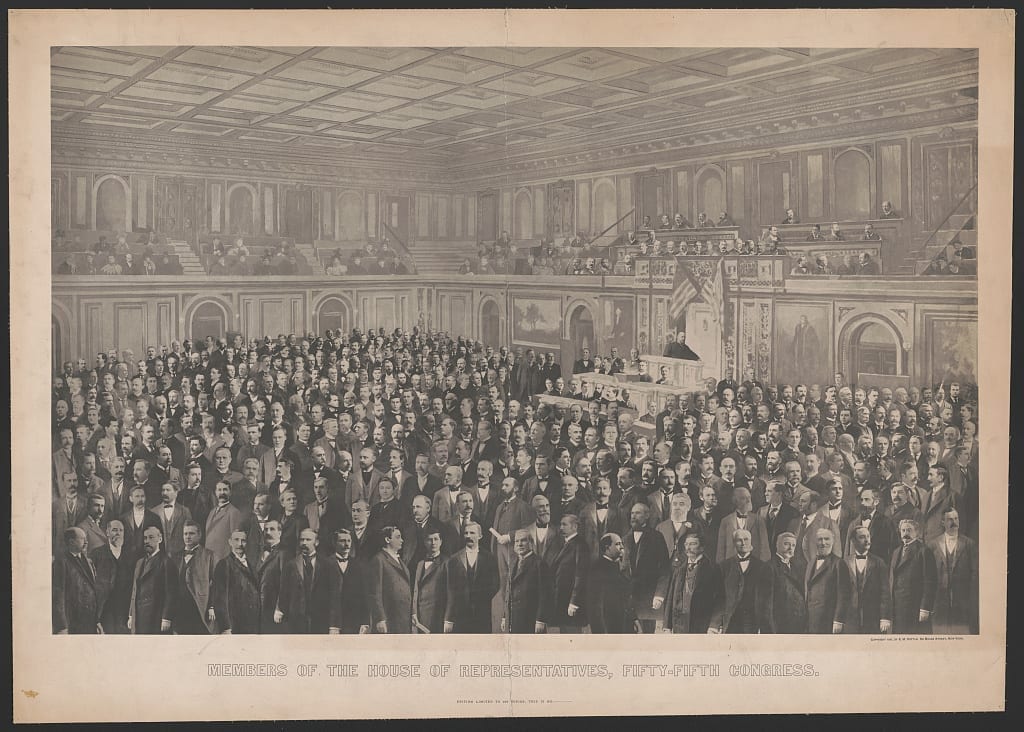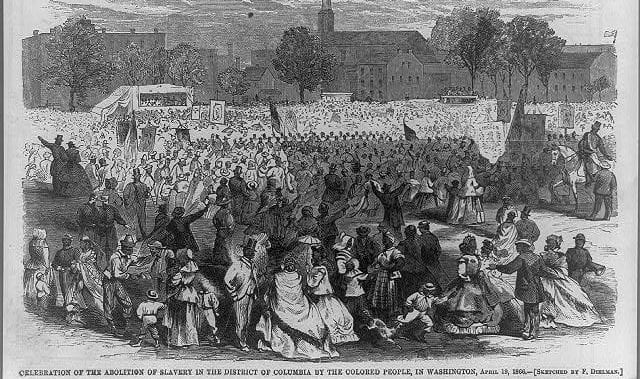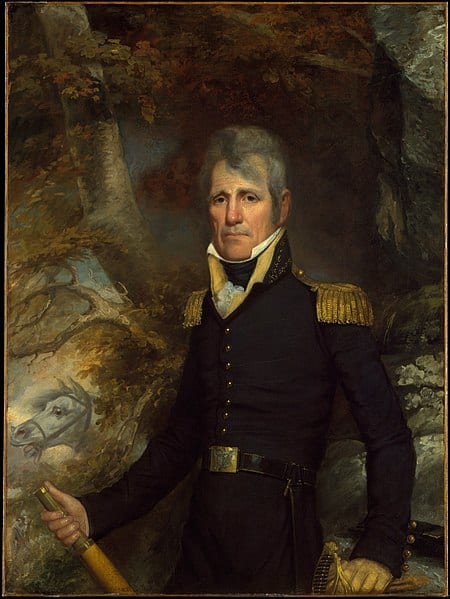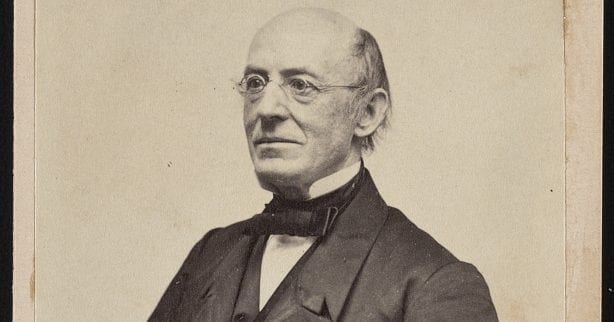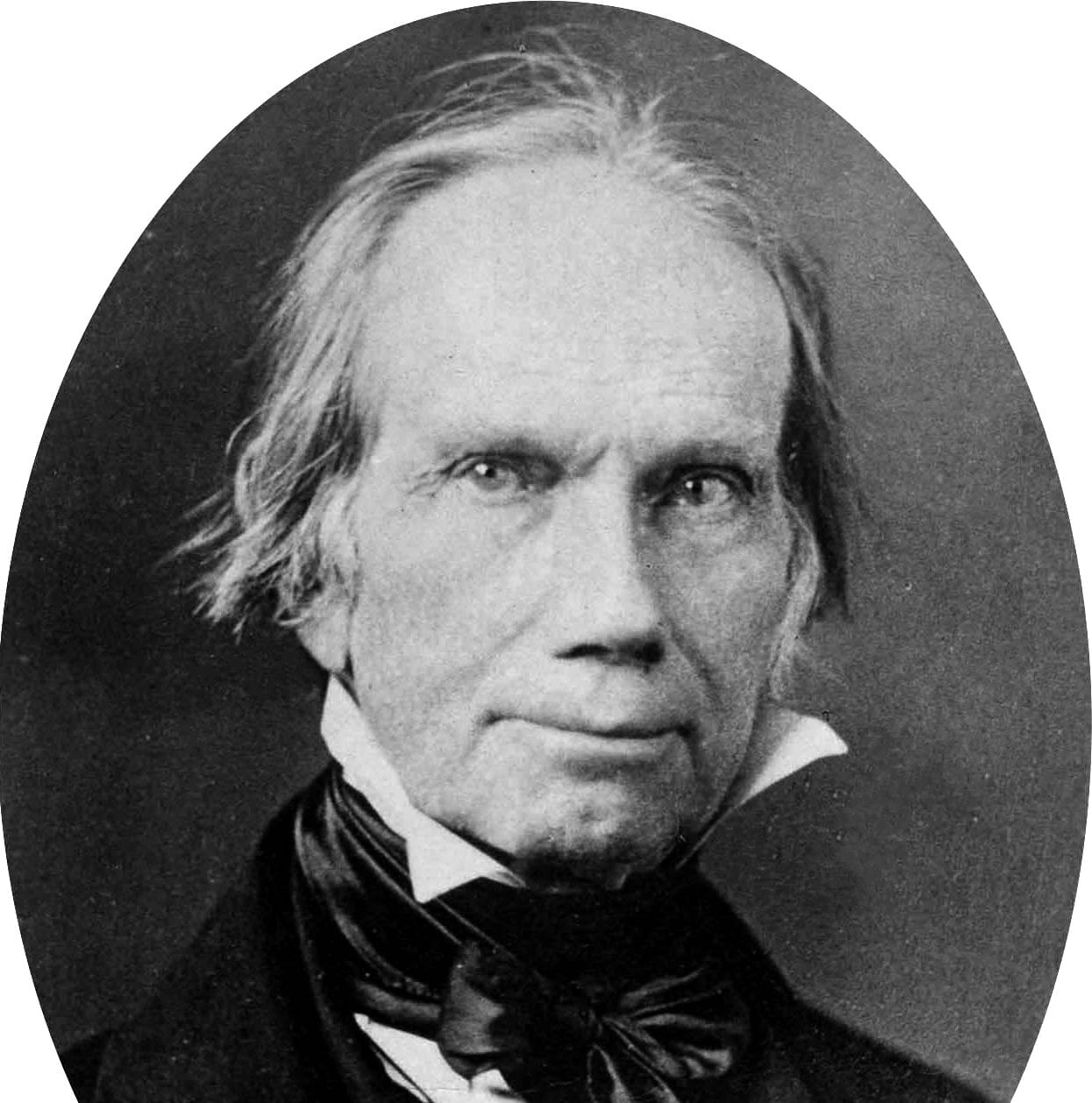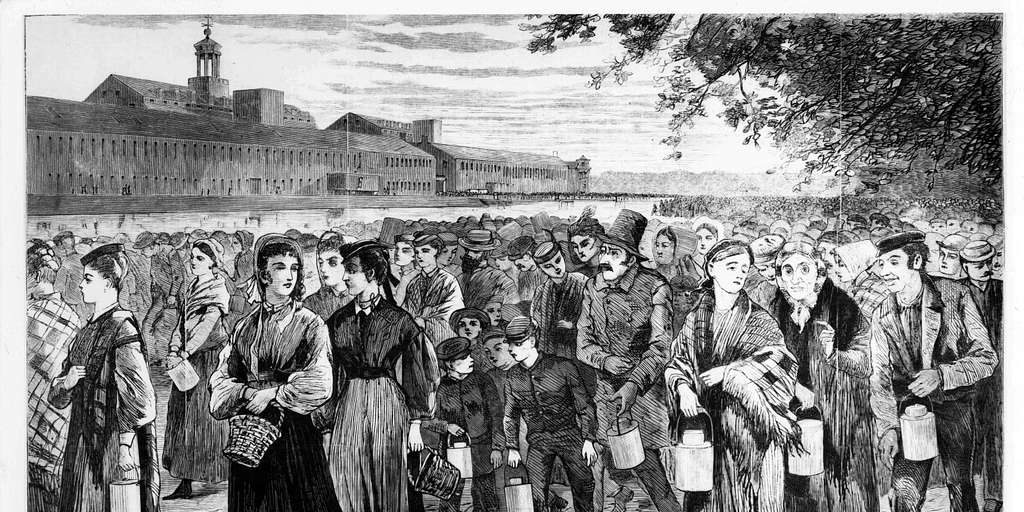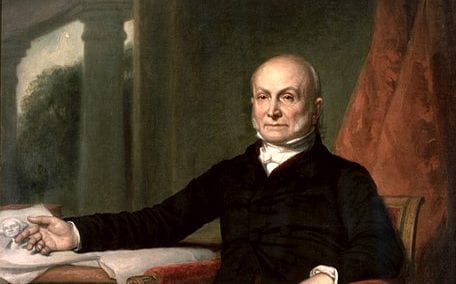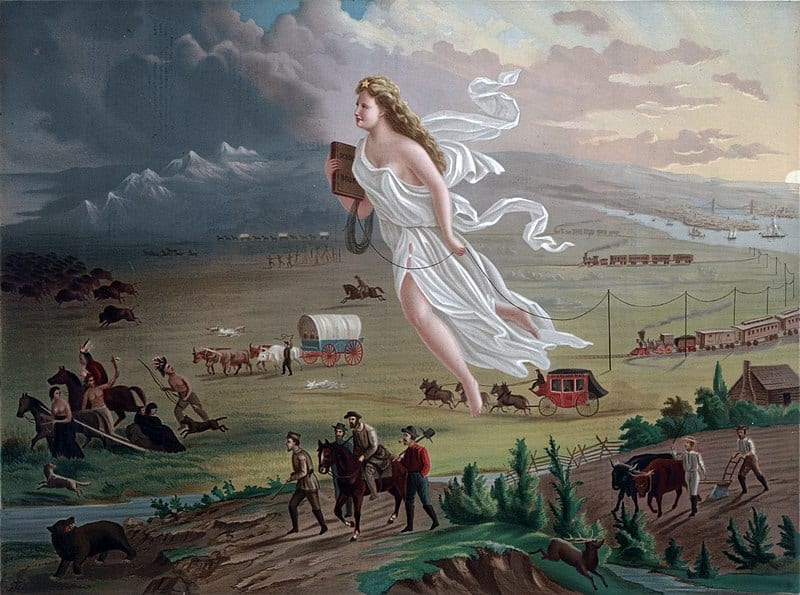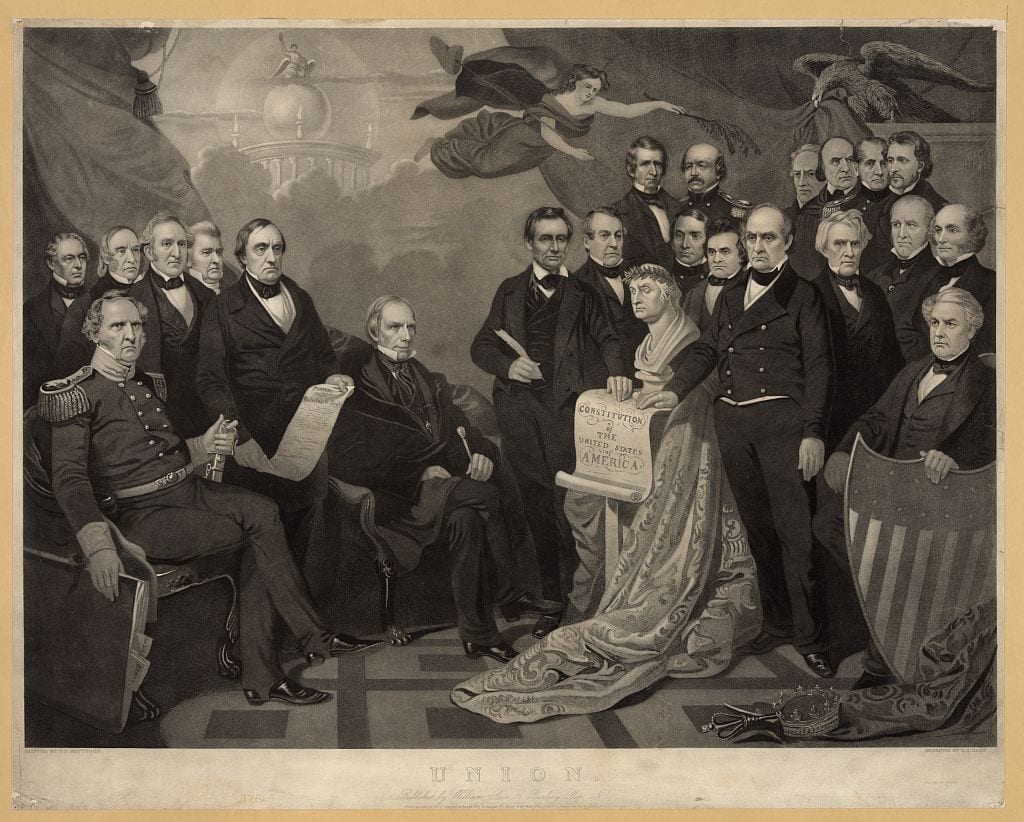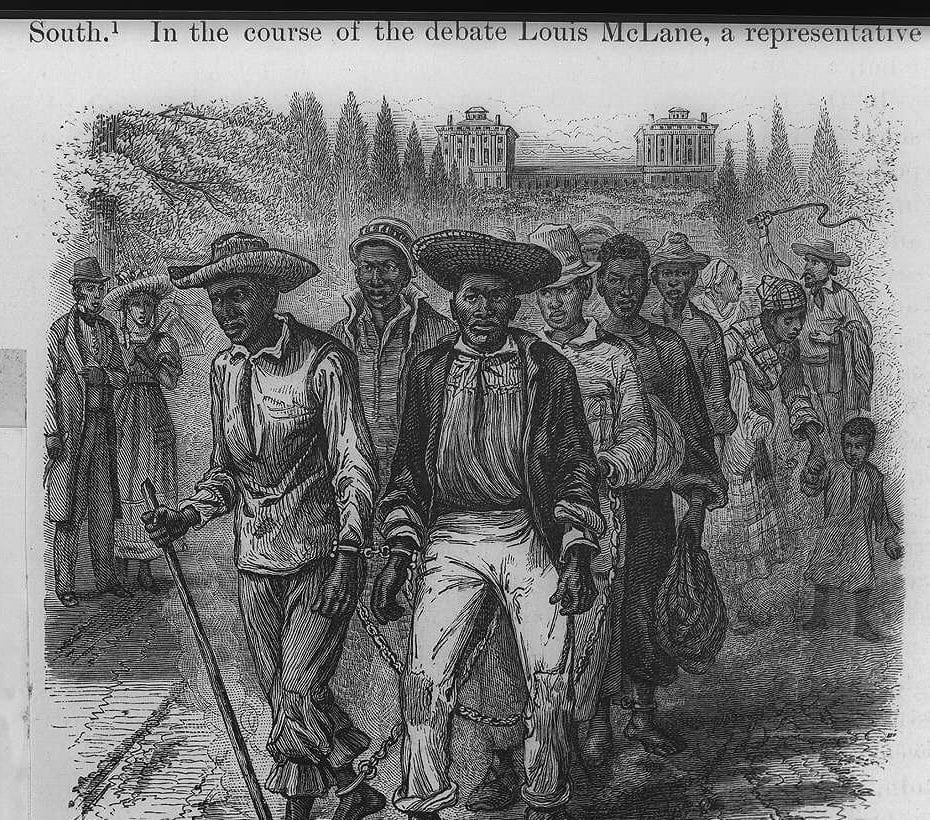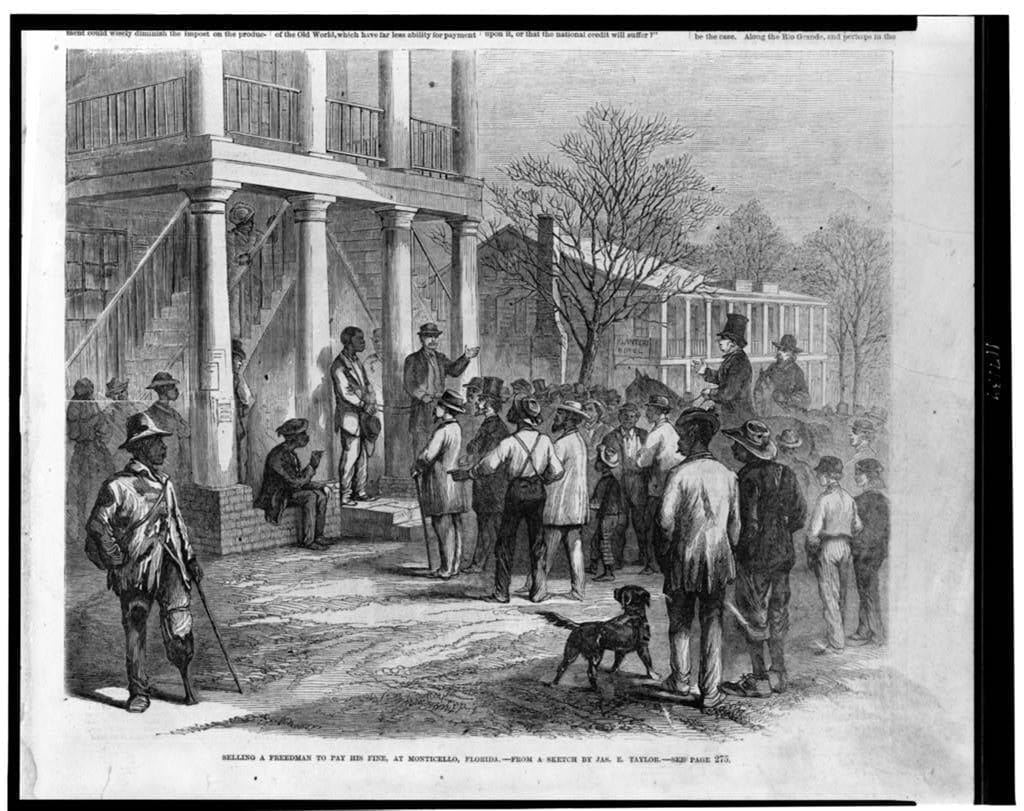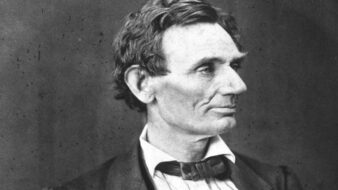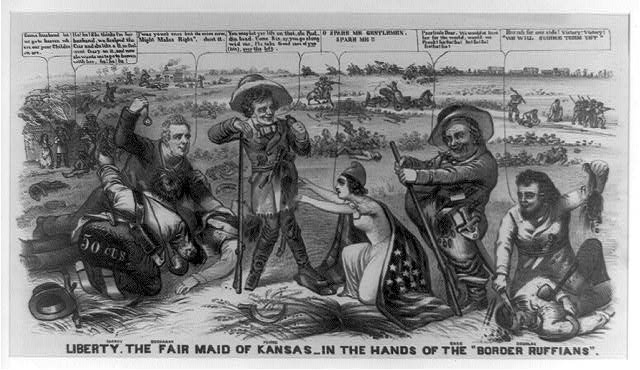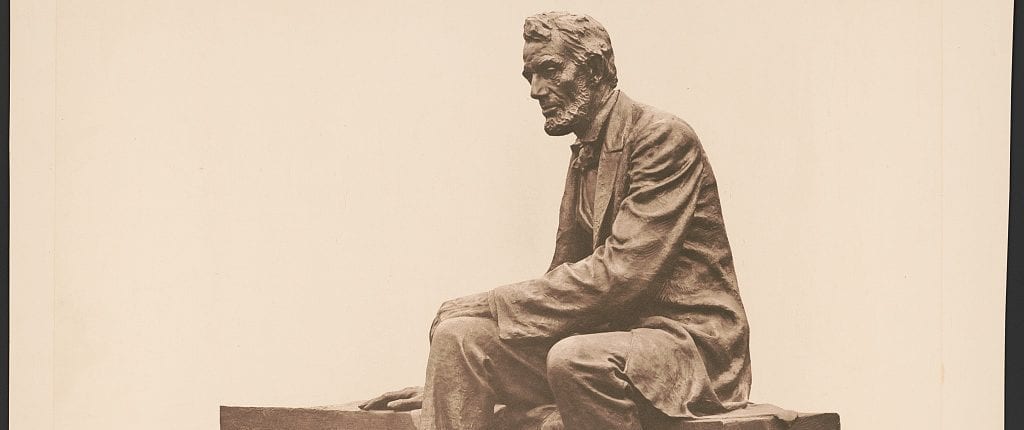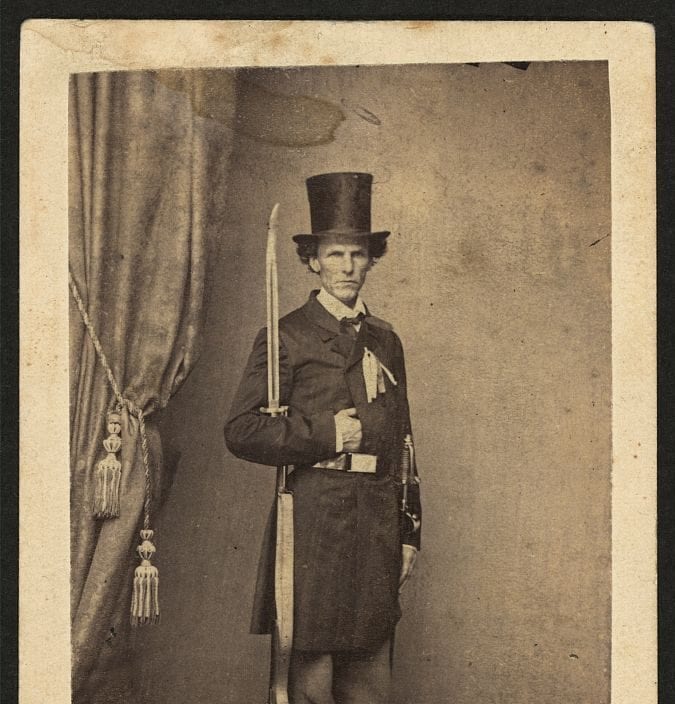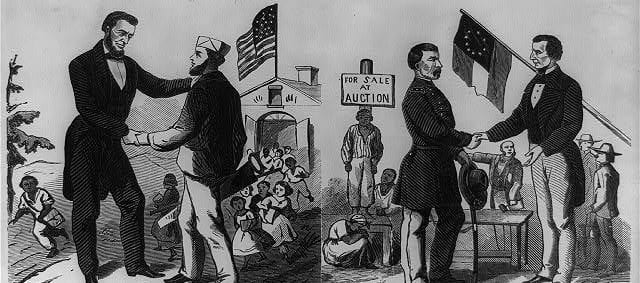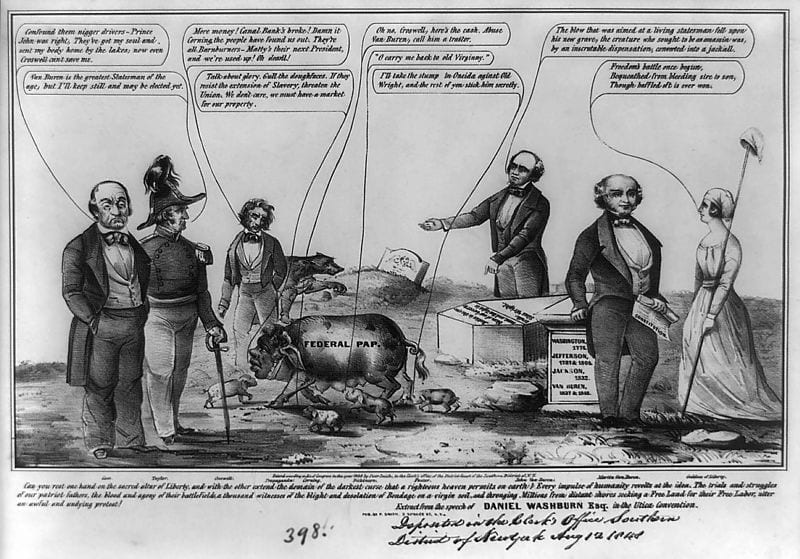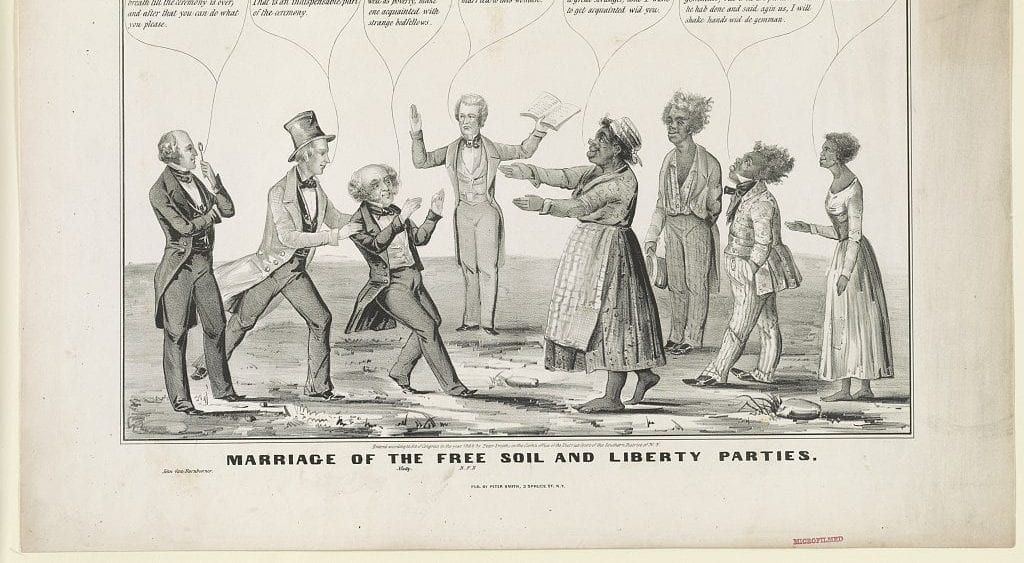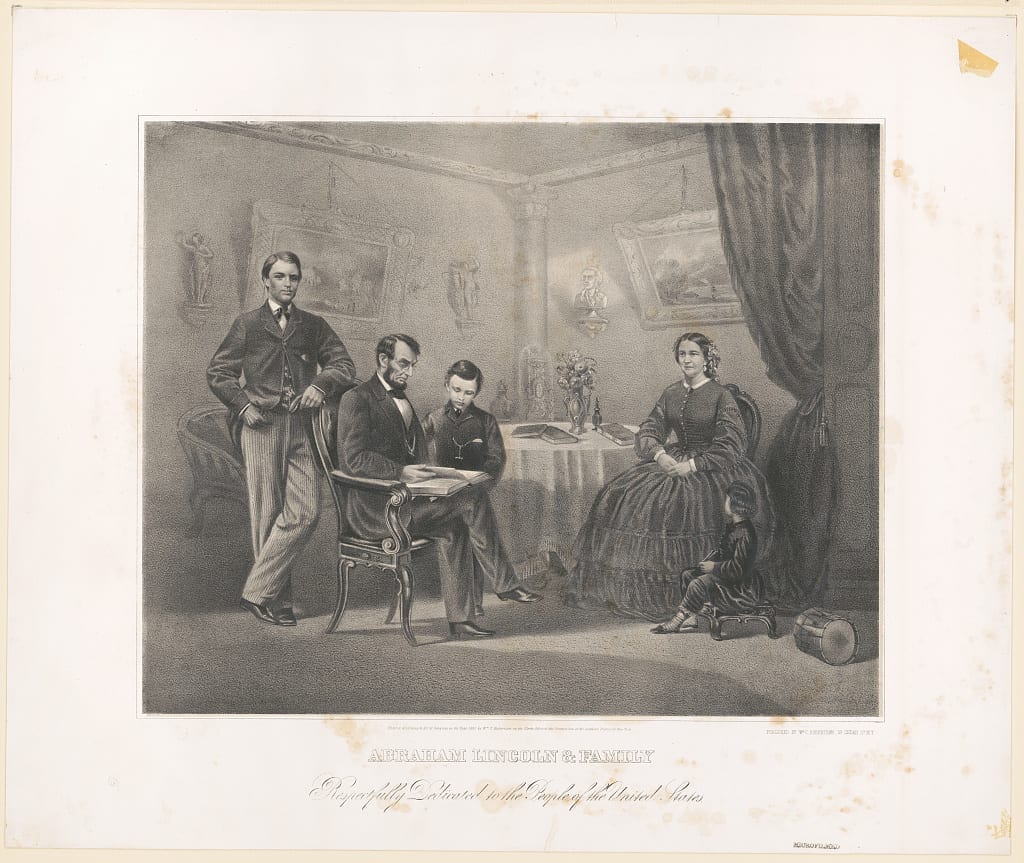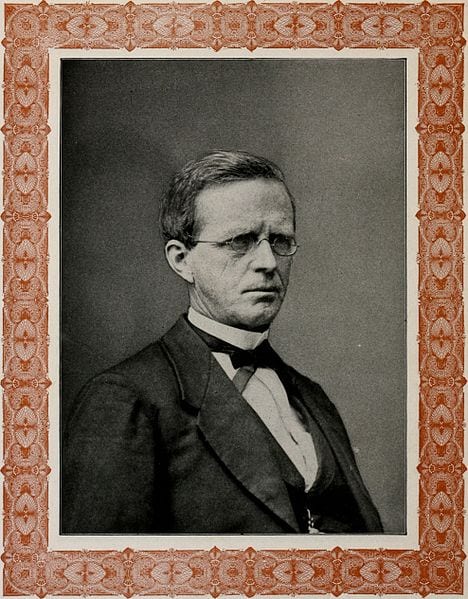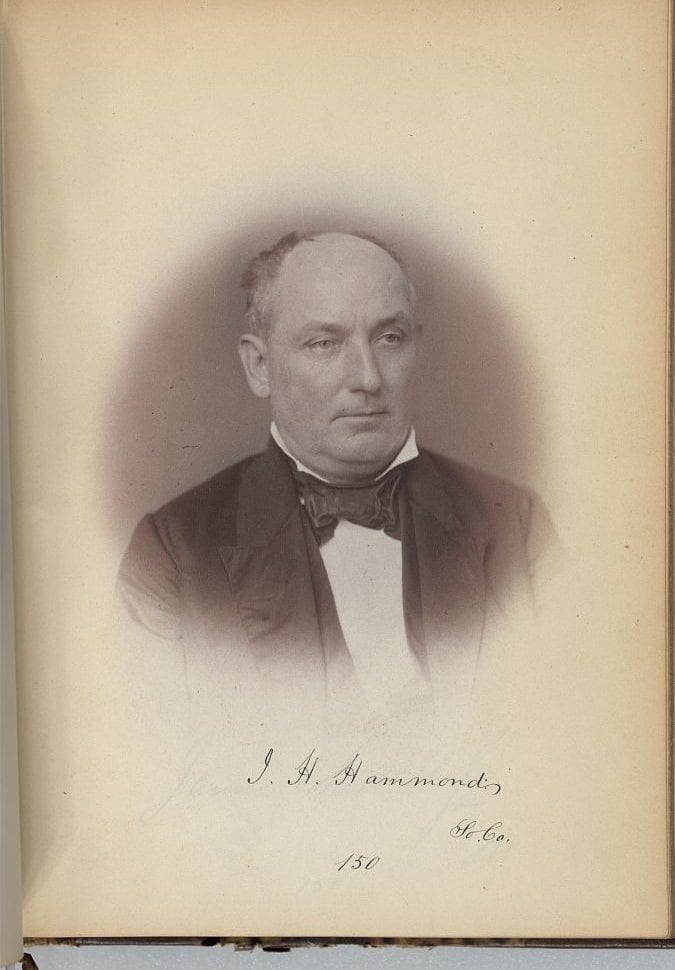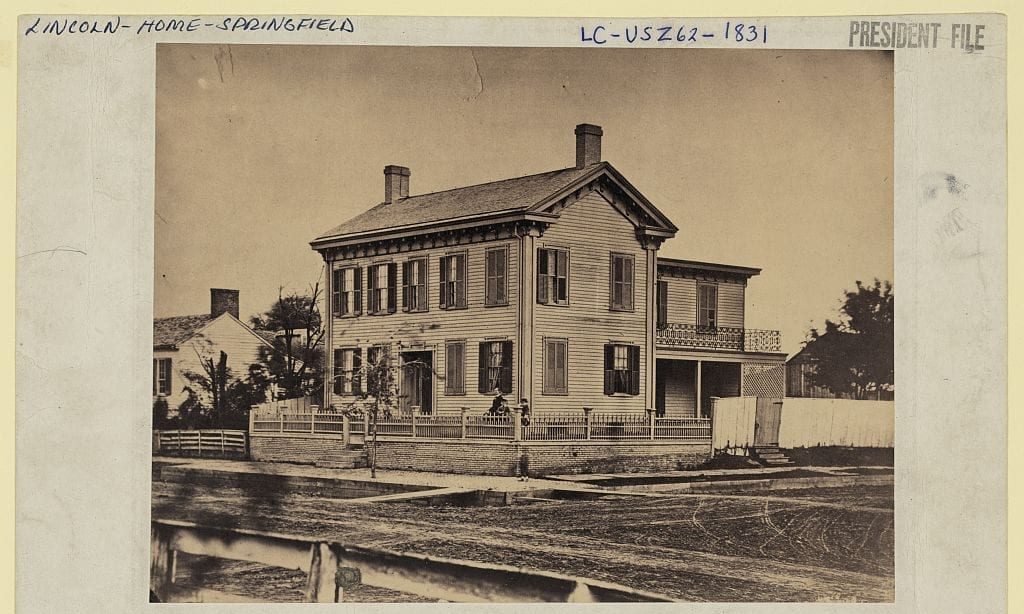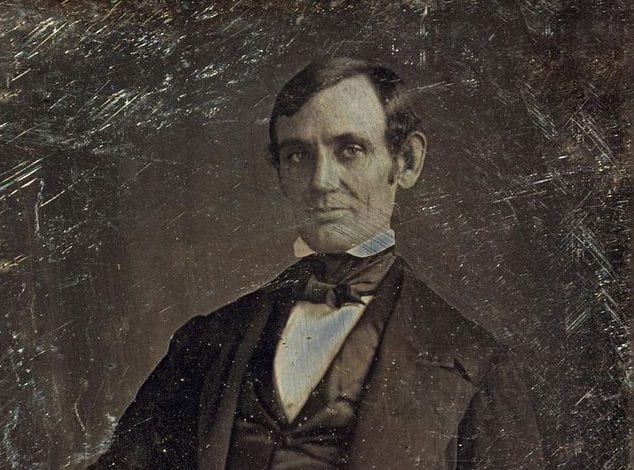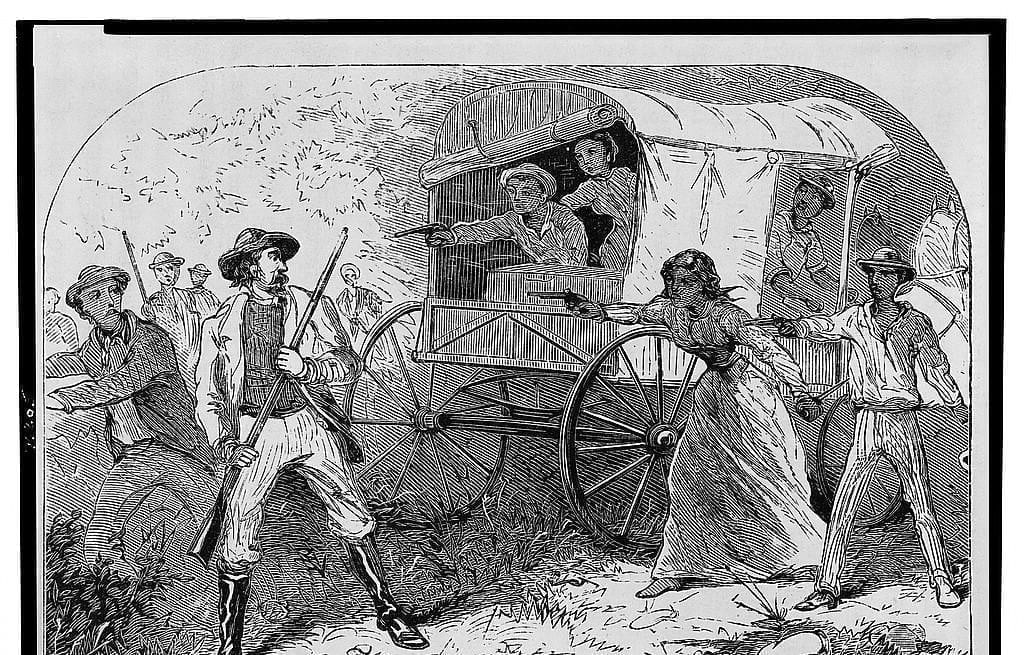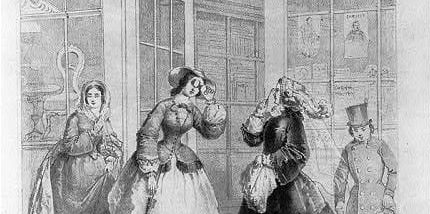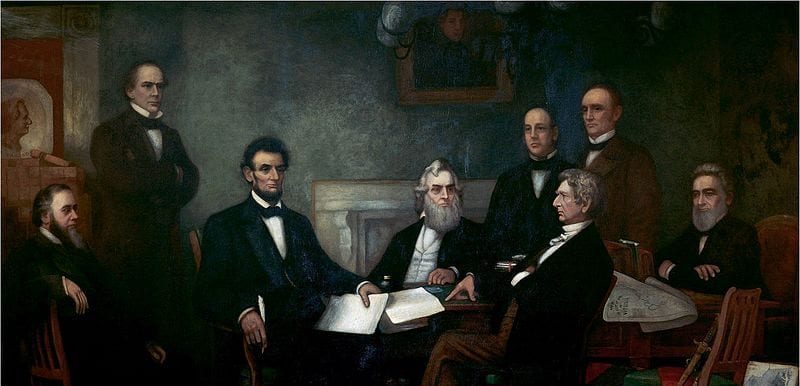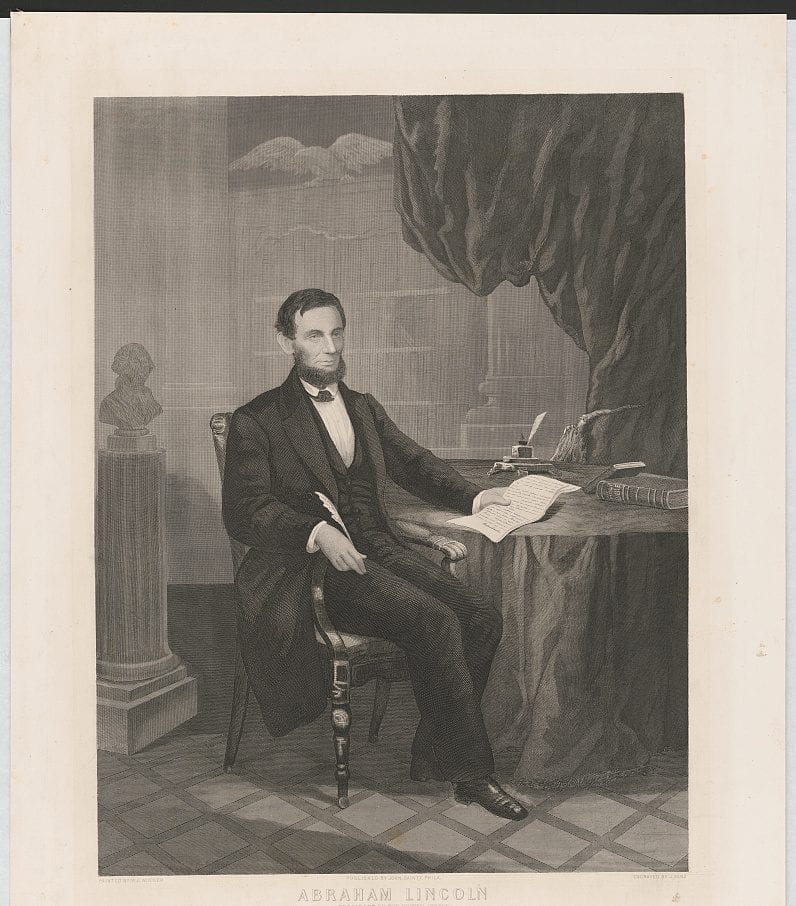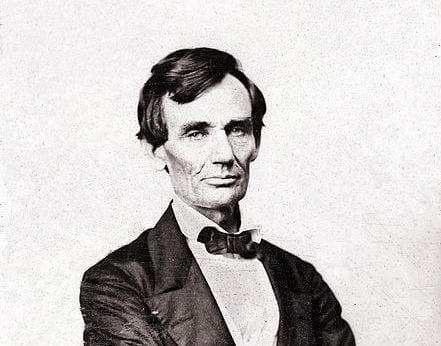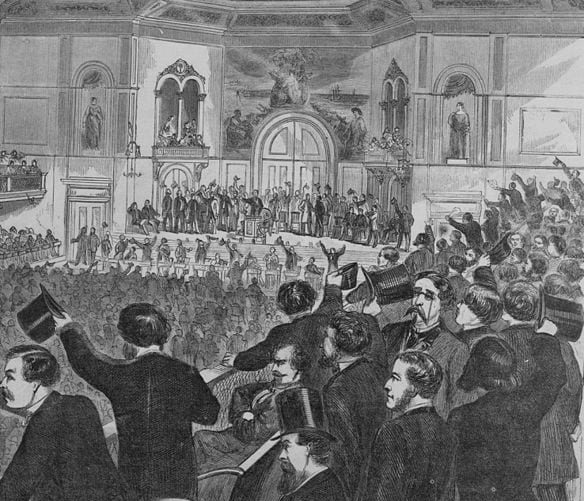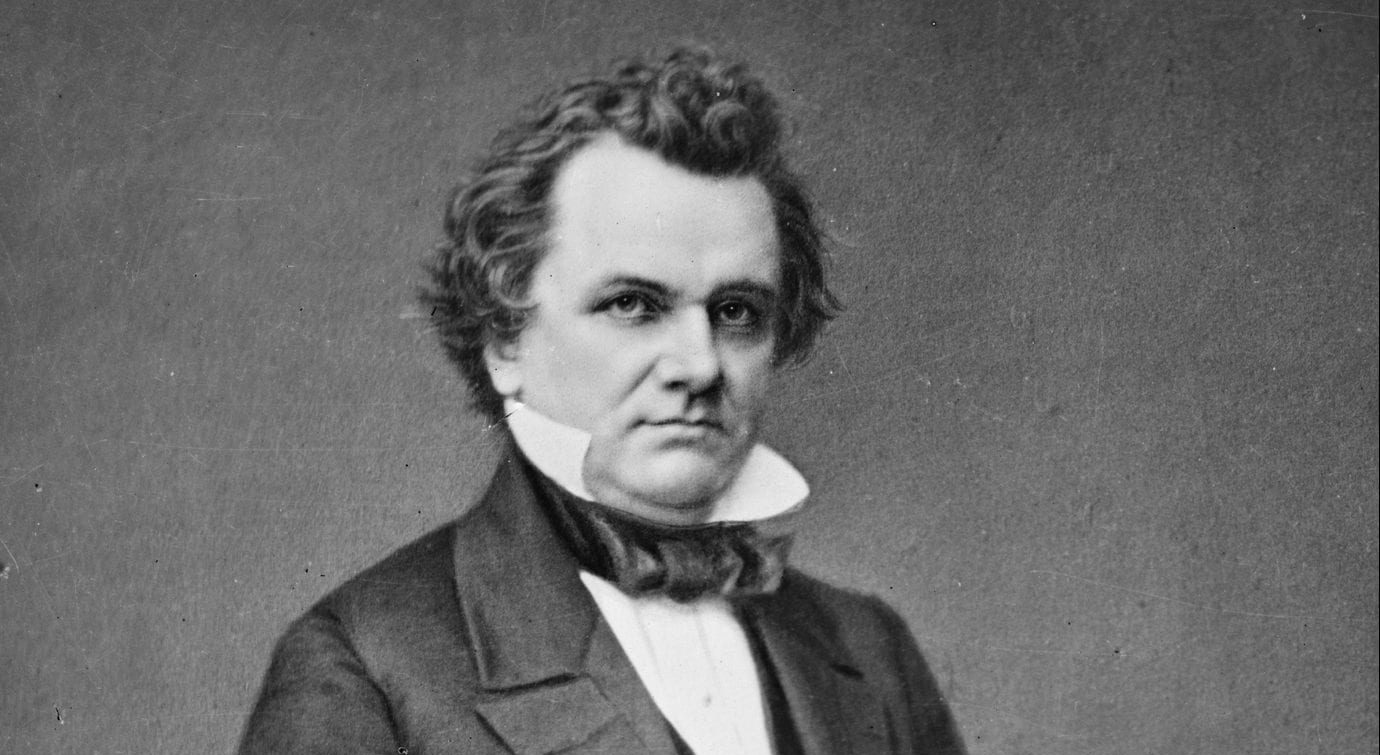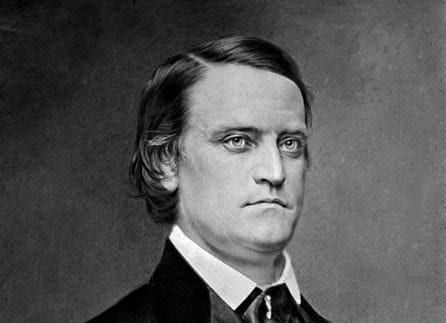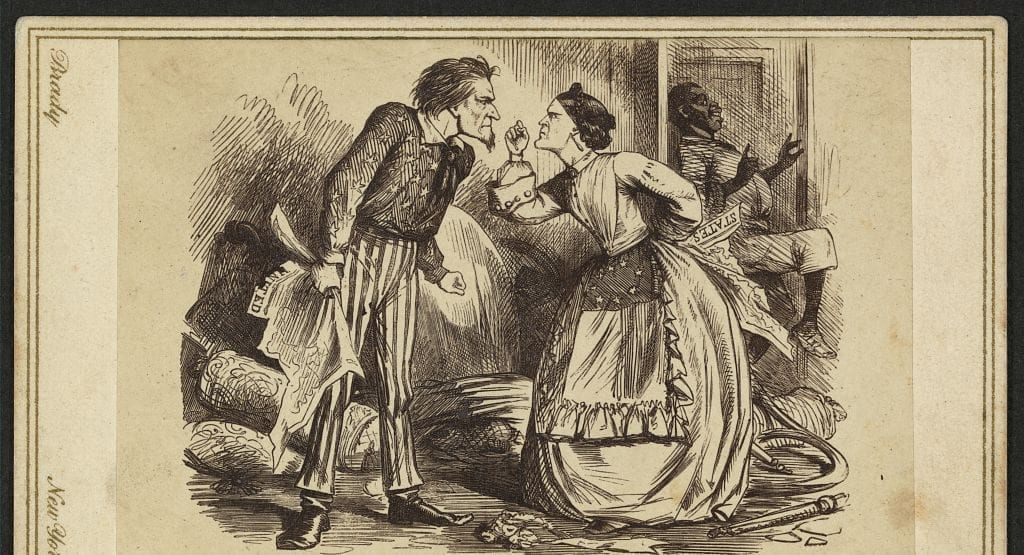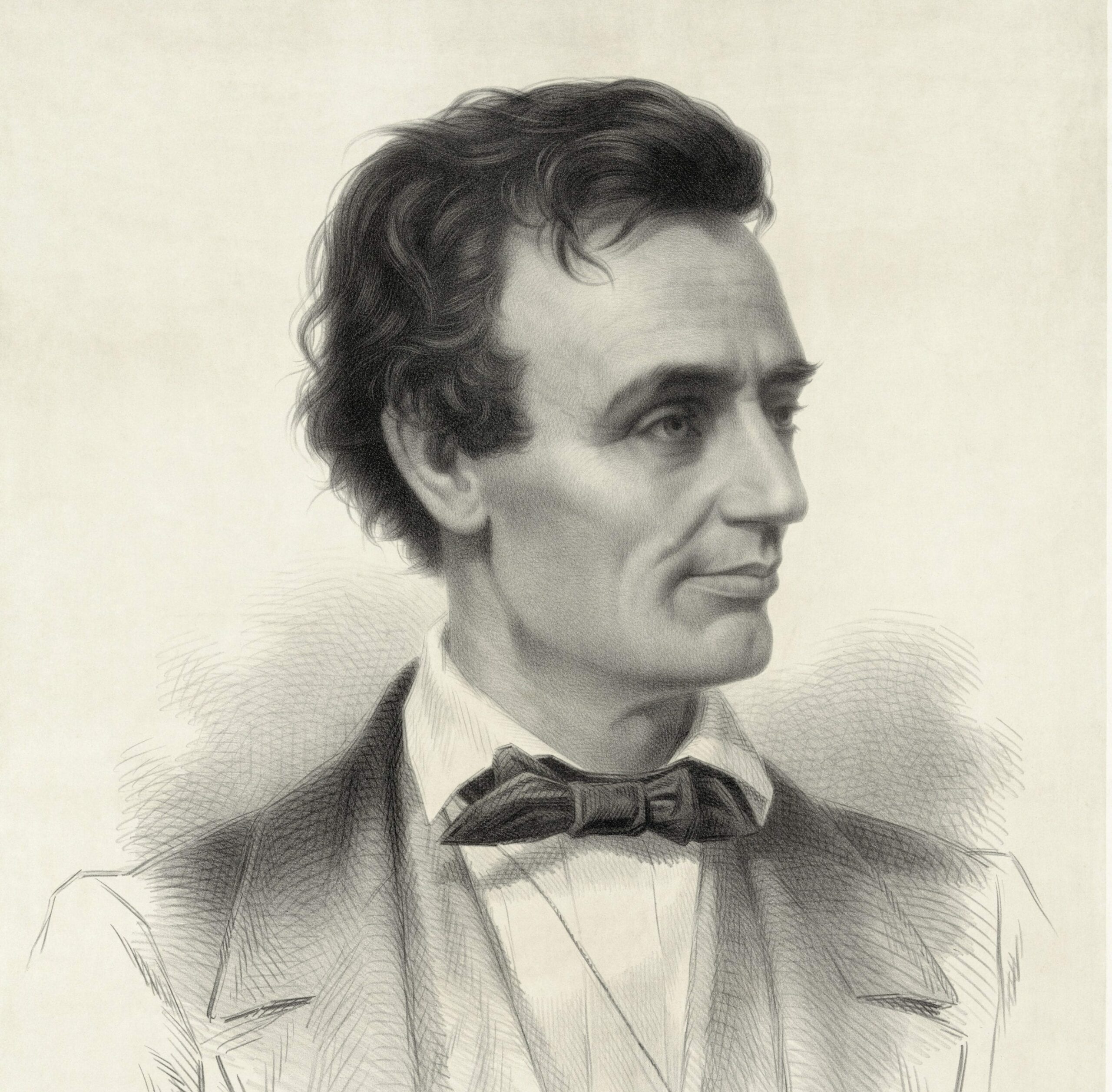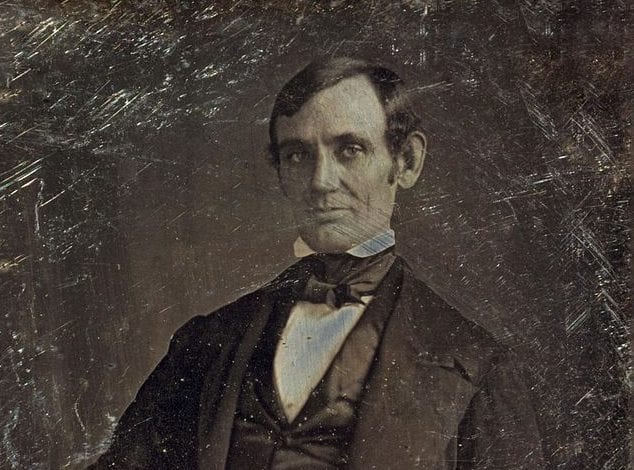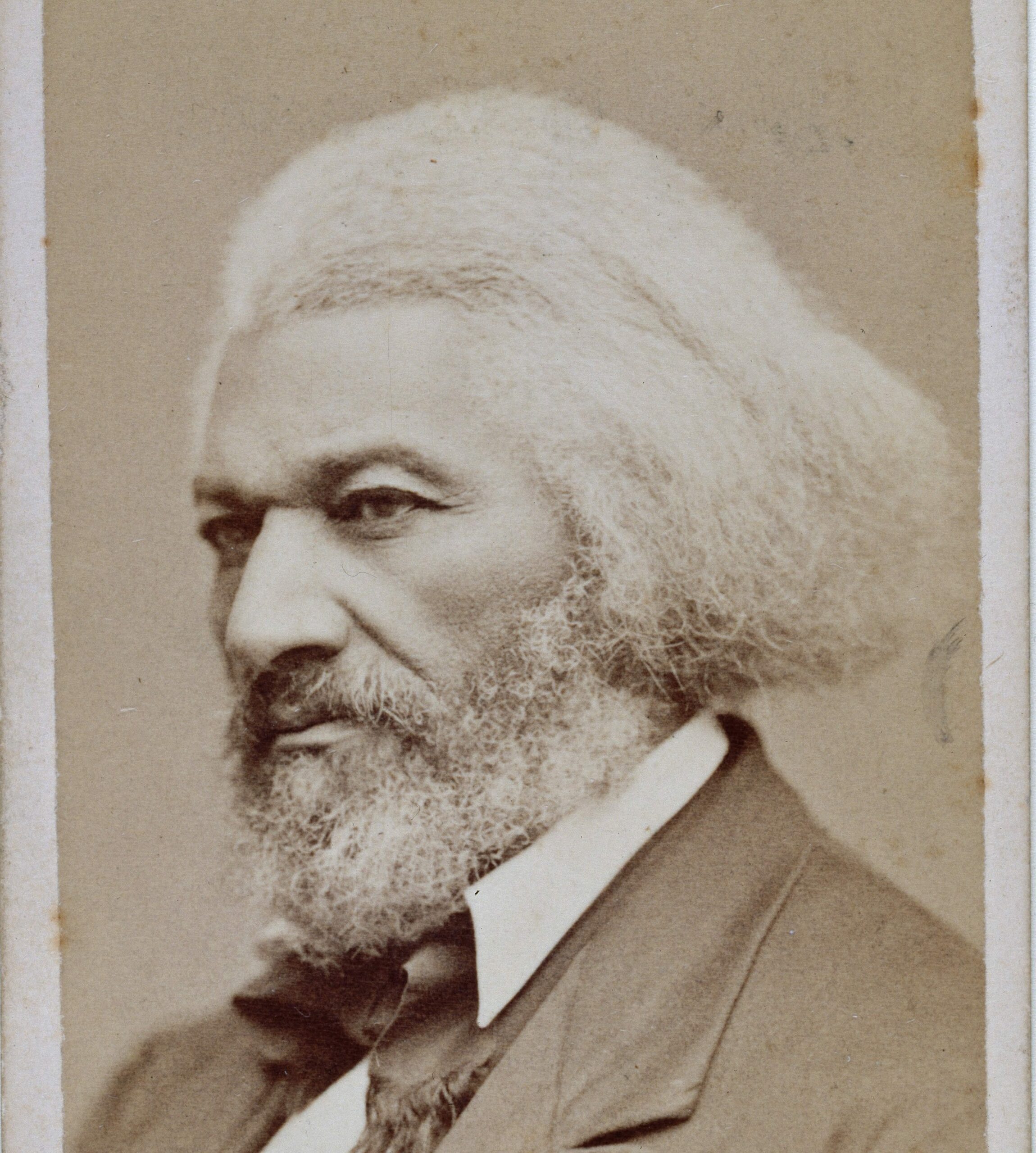
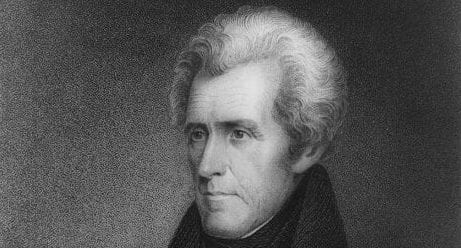
No related resources
Introduction
Although the Whigs controlled the Senate during Andrew Jackson’s second term, they did not control the House. Impeachment was not a possibility, nor was passing laws like the one proposed by Clay in the preceding selection. In March, 1834, they took a novel course, by passing a resolution of censure. The resolution charged that Jackson had assumed power beyond the laws and beyond the Constitution. Jackson is the only president to have been censured by a chamber of Congress.
Jackson responded the next month with a formal protest. He argued that a resolution of censure was not a constitutionally available path. The only path under the Constitution was the impeachment process. Jackson also defended his removal of Treasury Secretary William Duane, connecting that action to the Decision of 1789. To make that argument, Jackson provided the most muscular theory of executive power provided by a president up to that time.
Source: James D. Richardson, ed., A Compilation of the Messages and Papers of the Presidents, 1789-1897, Volume III (Washington, D.C.: Government Printing Office, 1897), 69-93.
To the Senate of the United States:
The responsibilities of the President are numerous and weighty. He is liable to impeachment for high crimes and misdemeanors, and on due conviction to removal from office and perpetual disqualification; and notwithstanding such conviction, he may also be indicted and punished according to law. He is also liable to the private action of any party who may have been injured by his illegal mandates or instructions in the same manner and to the same extent as the humblest functionary. In addition to the responsibilities which may thus be enforced by impeachment, criminal prosecution, or suit at law, he is also accountable at the bar of public opinion for every act of his Administration. Subject only to the constraints of truth and justice, the free people of the United States have the undoubted right, as individuals or collectively, orally or in writing, at such times and in such language and form as they may think proper, to discuss his official conduct and to discuss and promulgate their opinions concerning it. Indirectly his conduct may come under review in either branch of the Legislature, or in the Senate when acting in its direct executive capacity, and so far as the executive and legislative proceedings of these bodies may require it, it may be exercised by them. These are believed to be the proper and only modes in which the President of the United States is to be held accountable for his official conduct.
Tested by these principles, the resolution of the Senate is wholly unauthorized by the Constitution, and in derogation of its entire spirit. It assumes that a single branch of the legislative department may for the purposes of public censure, and without any view to legislation or impeachment, take up, consider, or decide upon the official acts of the executive. But in no part of the Constitution is the President subjected to any such responsibility, and in no part of that instrument is any such power conferred on either branch of the Legislature. . . .
By the Constitution “the power is vested in a President of the United States.” Among the duties imposed upon him, and which he is sworn to perform, is that of “taking care that the laws be faithfully executed.” Being thus made responsible for the entire action of the executive department, it was but reasonable that the power of appointing, overseeing, and controlling those who execute the laws—a power in its nature executive—should remain in his hands. It is therefore not only his right, but the Constitution makes it his duty, to “nominate, and, by and with the advice and consent of the Senate, appoint” all “officers of the United States whose appointments are not in the Constitution otherwise provided for,” with a proviso that the appointment of inferior officers may be vested in the President alone, in the courts of justice, or in the heads of Departments.
The executive power vested in the Senate is neither that of “nominating” nor “appointing.” It is merely a check upon the executive power of appointment. If individuals are proposed for appointment by the President [who are] by them deemed incompetent or unworthy, they may withhold their consent and the appointment can not be made. They check the action of the executive but can not in relation to those very subjects act themselves nor direct him. Selections are still made by the President, and the negative given to the Senate, without diminishing his responsibility, furnishes an additional guarantee to the country that the subordinate executive as well as the judicial offices shall be filled with worthy and competent men.
The whole executive power being vested in the President, who is responsible for its exercise, it is a necessary consequence that he should have a right to employ agents of his own choice to aid him in the performance of his duties, and to discharge them when he is no longer willing to be responsible for their acts. In strict accordance with this principle, the power of removal, which, like that of appointment, is an original executive power, is left unchecked by the Constitution in relation to all executive officers, for whose conduct the President is responsible, while it is taken from him in relation to all judicial officers, for whose acts he is not responsible. In the government from which many of the fundamental principles of our system are derived the head of the executive department originally had the power to appoint and remove at will all officers, executive and judicial. It was to take the judges out of this general power of removal, and thus make them independent of the executive, that the tenure of their offices was changed to good behavior. Nor is it conceivable why they are placed in our Constitution upon a tenure different from all other officers appointed by the executive unless it be for the same purpose.
But if there were any just ground for doubt on the face of the Constitution whether all executive officers are removable at the will of the President, it is obviated by the cotemporaneous construction of the instrument and the uniform practice under it.
The power of removal was a topic of solemn debate in the Congress of 1789 while organizing the administrative departments of the Government, and it was finally decided that the President derived from the Constitution the power of removal so far as it regards that department for whose acts he is responsible. Although the debate covered the whole ground, embracing the Treasury as well as all the other executive departments, it arose on a motion to strike out of the bill to establish a Department of Foreign Affairs, since called the Department of State, a clause declaring the Secretary “to be removable from office by the President of the United States.” After that motion had been decided in the negative it was perceived that these words did not convey the sense of the House of Representatives in relation to the true source of power of removal. With the avowed object of preventing any future inference that this power was exercised by the President in virtue of a grant from Congress, when in fact that body considered it as derived from the Constitution, the words which had been the subject of debate were struck out, and in lieu thereof a clause was inserted in a provision concerning the chief clerk of the department, which declared that “whenever the said principal officer shall be removed from office by the President of the United States, or in any other case of vacancy,” the chief clerk should during such vacancy have charge of the papers of the office. This change having been made for the express purpose of declaring the sense of Congress that the President derived the power of removal from the Constitution, the act as it passed has always been considered as a full expression of the sense of the Legislature on this important part of the American Constitution.
Here, then, we have the concurrent authority of President Washington, of the Senate, and the House of Representatives, numbers of whom had taken an active part in the convention which framed the Constitution and in the State conventions which adopted it, that the President derived an unqualified power of removal from that instrument itself, which is “beyond the reach of legislative authority.” Upon this principle the government has now been steadily administered for about forty-five years, during which there have been numerous removals made by the President or by his direction, embracing every grade of executive officers from the heads of departments to the messengers of bureaus. . . .
The dangerous tendency of the doctrine which denies to the President the power of supervising, directing, and controlling the Secretary of the Treasury in like manner with the other executive officers would soon be manifest in practice were the doctrine to be established. The President is the direct representative of the American people, but the Secretaries are not. If the Secretary of the Treasury be independent of the President in the execution of the laws, then is there no direct responsibility to the people in that important branch of this Government to which is committed to the care of the national finances. And it is in the power of the Bank of the United States, or any other corporation, body of men, or individuals, if a secretary should be found to accord with them in opinion or can be induced in practice to promote their views, to control through him the whole action of the Government (so far as it is exercised by his department) in defiance of the Chief Magistrate elected by the people and responsible to them. . . .
Message of Protest to the Senate
April 15, 1834
Conversation-based seminars for collegial PD, one-day and multi-day seminars, graduate credit seminars (MA degree), online and in-person.














